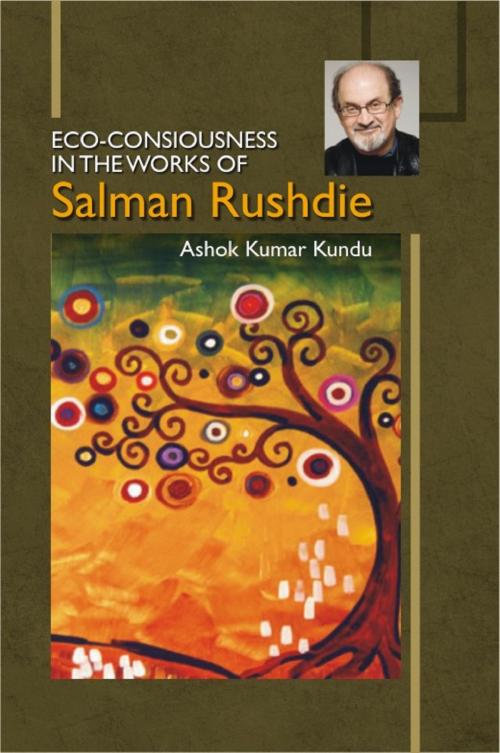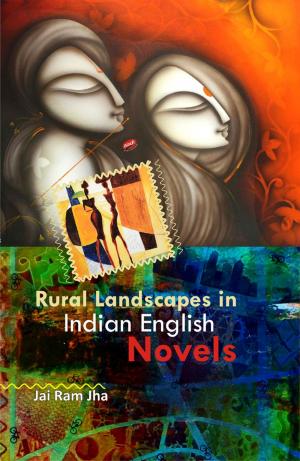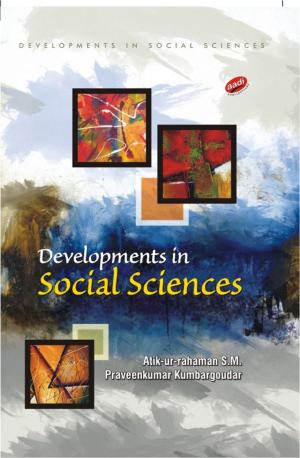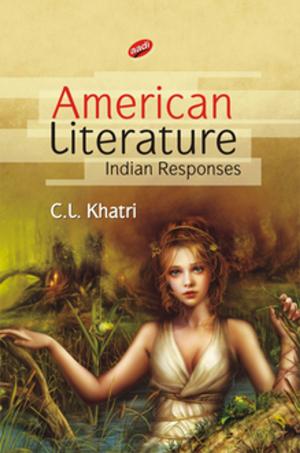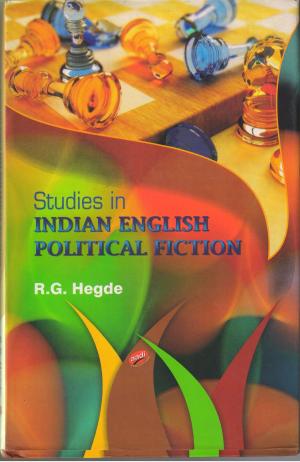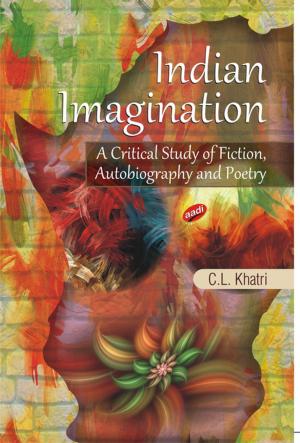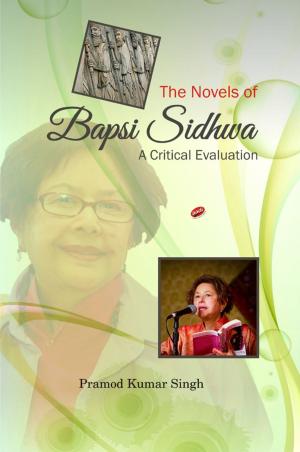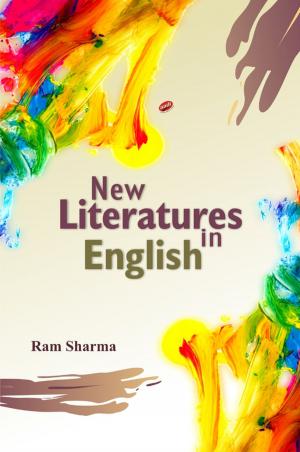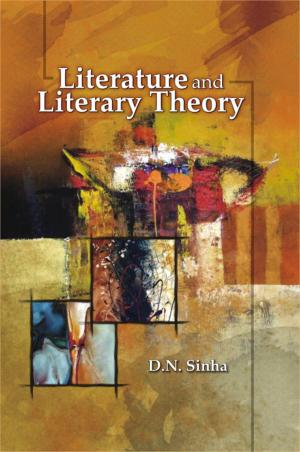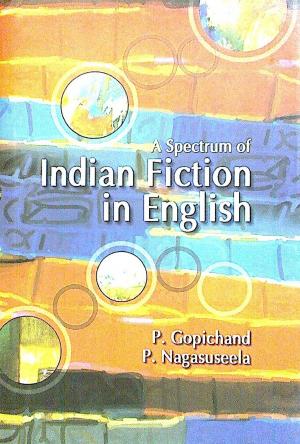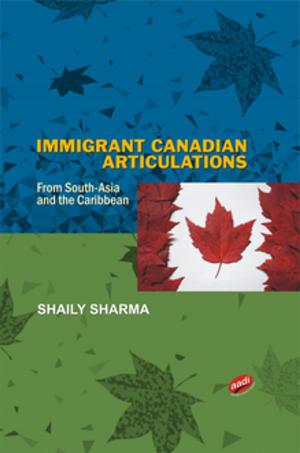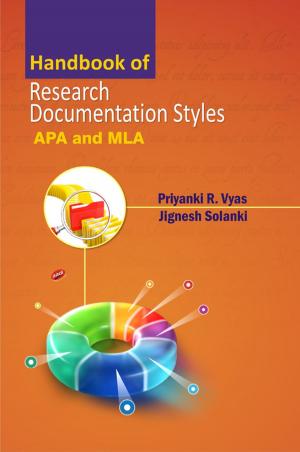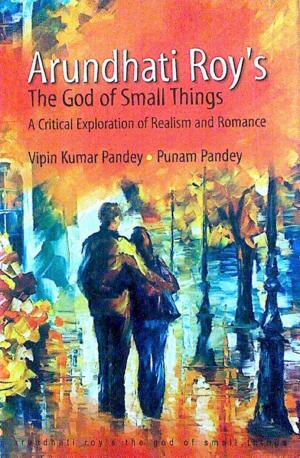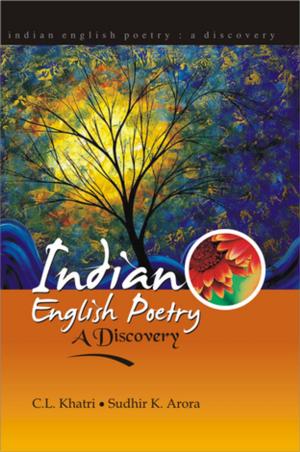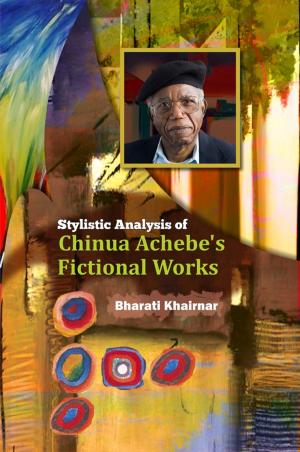Eco-Consiousness in the Works of Salman Rushdie
Fiction & Literature, Literary Theory & Criticism, Asian, South & Southeast Asian| Author: | Ashok Kumar Kundu | ISBN: | 9789385484339 |
| Publisher: | Aadi Publications | Publication: | June 30, 2011 |
| Imprint: | Aadi Publications | Language: | English |
| Author: | Ashok Kumar Kundu |
| ISBN: | 9789385484339 |
| Publisher: | Aadi Publications |
| Publication: | June 30, 2011 |
| Imprint: | Aadi Publications |
| Language: | English |
In most of his novels Rushdie is concerned with the problem of human identity in the postmodernist and postcolonial context characterized by hvbridity, displacement and multiculturalism. Rushdie believes that a human being does not exist in isolation; human consciousness is a conglomeration of his environment. It is a product of the physical-socio-historical-economic matrix in which he lives and grows. Rushdie thus views human identity as ingrained in his environment. Hence Rushdie's novels can be studied from ecocritical viewpoint. A careful analysis of Rushdie's works, especially Midnight's Children and Fury, shows that Rushdie studies personal lives as ingrained in their socio-cultural-economic physical set-up. Hence, he does reveal concern for the environment and ecological upheavals as well. There are in his novels direct descriptions of toxicity and environmental degradation found in the urban places, especially the metropolitan cities in the present times. Further, some of his works are a condemnation of complexities generated by our civilization, which have led to the present ecological crisis. One can also discover in his writings a tacit search for a solution to this crisis. This book focuses on some of his works from this ecocritical viewpoint. It will break fresh ground in Rushdie criticism. While the present work offers to the student community an accessible and useful study material, it is valuable source of reference for the teachers and researchers.
In most of his novels Rushdie is concerned with the problem of human identity in the postmodernist and postcolonial context characterized by hvbridity, displacement and multiculturalism. Rushdie believes that a human being does not exist in isolation; human consciousness is a conglomeration of his environment. It is a product of the physical-socio-historical-economic matrix in which he lives and grows. Rushdie thus views human identity as ingrained in his environment. Hence Rushdie's novels can be studied from ecocritical viewpoint. A careful analysis of Rushdie's works, especially Midnight's Children and Fury, shows that Rushdie studies personal lives as ingrained in their socio-cultural-economic physical set-up. Hence, he does reveal concern for the environment and ecological upheavals as well. There are in his novels direct descriptions of toxicity and environmental degradation found in the urban places, especially the metropolitan cities in the present times. Further, some of his works are a condemnation of complexities generated by our civilization, which have led to the present ecological crisis. One can also discover in his writings a tacit search for a solution to this crisis. This book focuses on some of his works from this ecocritical viewpoint. It will break fresh ground in Rushdie criticism. While the present work offers to the student community an accessible and useful study material, it is valuable source of reference for the teachers and researchers.
